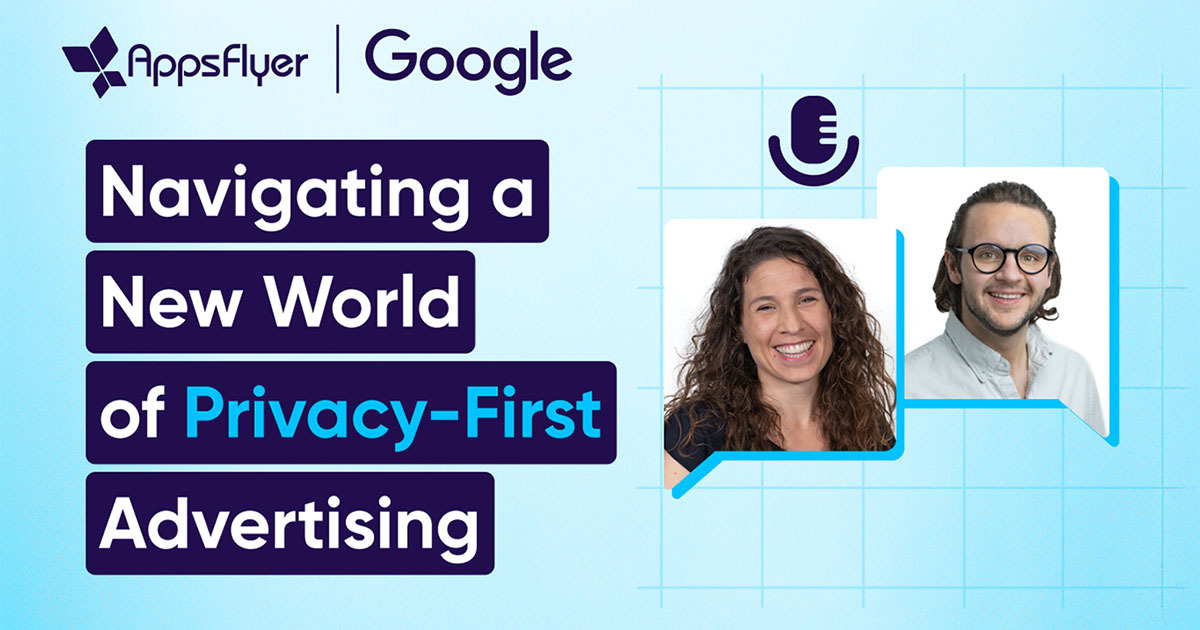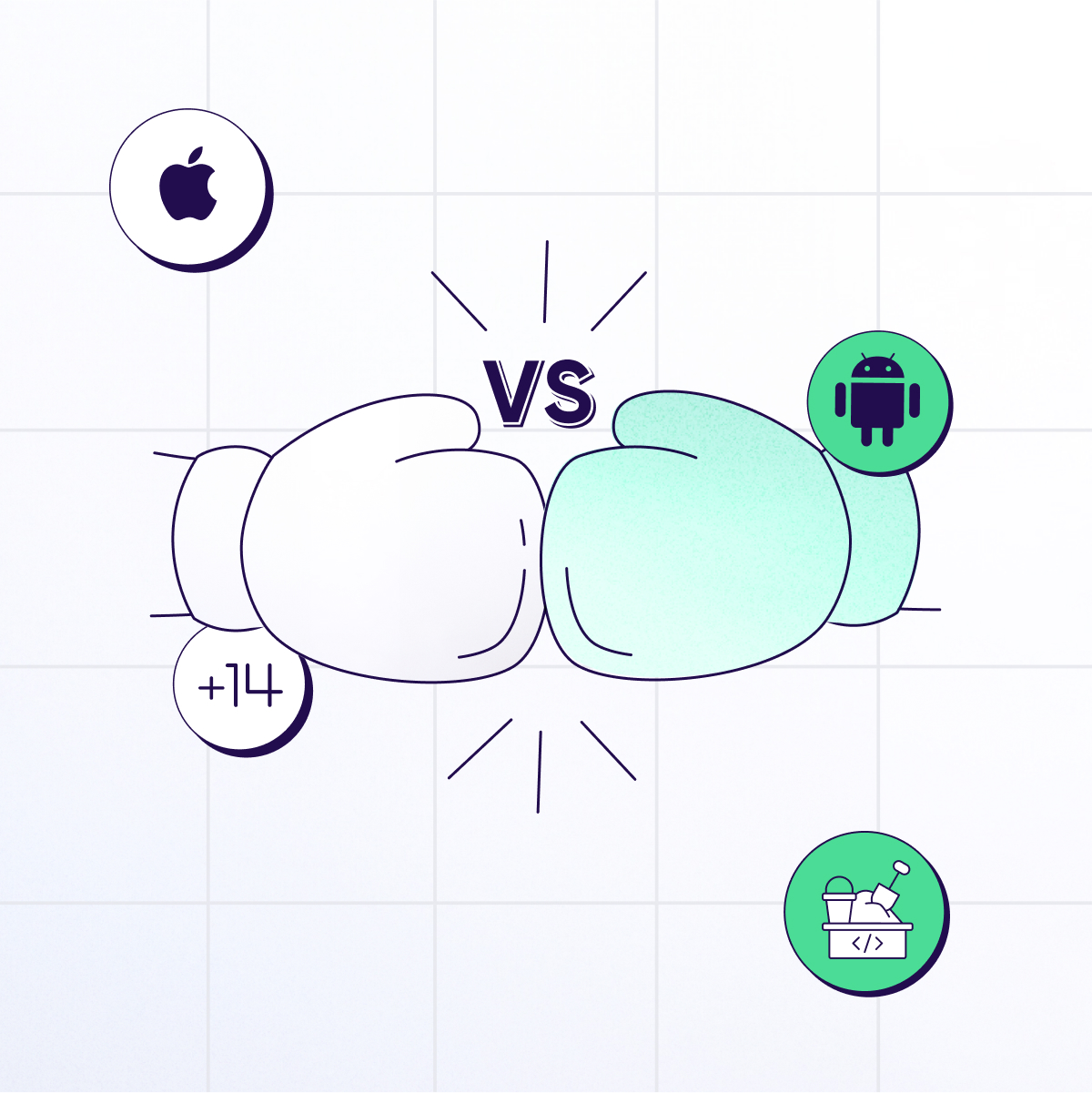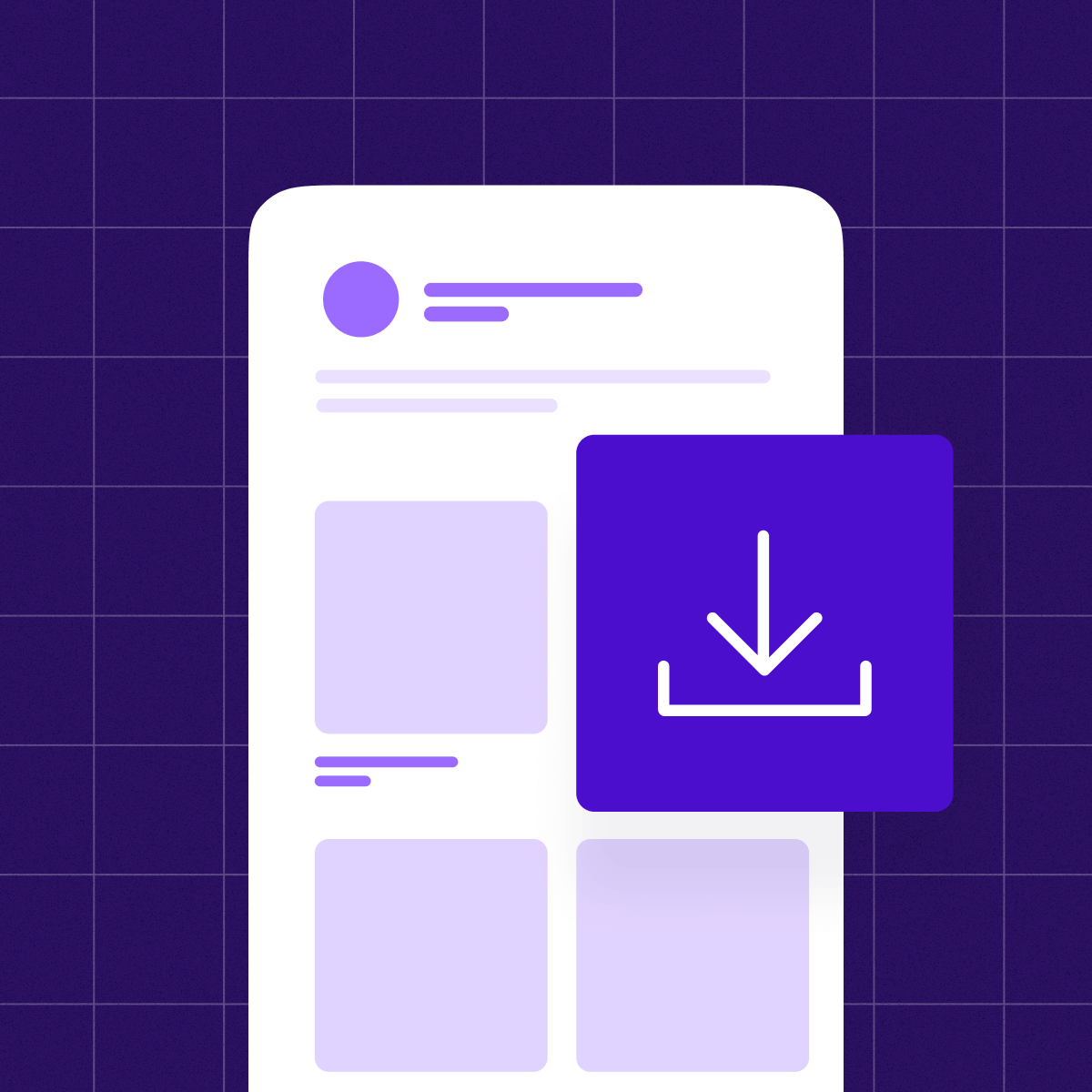
Why attribution is important for consumers

Over the years, marketers and app developers have learned that attribution is mission-critical to running an app business. As the upcoming iOS14 changes will impact everyone in the ecosystem, I wanted to lay out how attribution also affects app consumers.
Since AppsFlyer’s inception back in 2011, we’ve seen how a conflict of interest can have a negative impact on both consumers and the ecosystem at large. This is why we chose to be neutral and unbiased from the get go, and built great software to represent the marketers and app developers within the app economy. Our independent positioning created a lot of trust in this ecosystem and remains to be one of our key principles and commitments to date.
We always have our customer’s customer, the app user, at the center of everything we do. We are constantly pushing ourselves to unbiasedly represent users and their interests.
When you think about attribution, you might immediately think about the value it provides for sophisticated marketers and app developers. But in fact, attribution makes the entire ecosystem more efficient, providing a better user experience, and improving consumers’ privacy.
So how do consumers benefit from attribution?
We can break this down into four key areas:
- Attribution improves the user experience
- Attribution is not tracking
- Limited attribution → limited monetization → limited innovation
- Attribution promotes consumer privacy
1. Attribution improves the user experience
If you can’t measure it, you can’t improve it.
Questions like: Did the consumer find value in what was offered to them? Was the user experience good? Are answered with attribution that measures the true value delivered to consumers.
Good, relevant ads
Without attribution, app developers will not be able to know whether their ads are adding value to consumers or annoying them. Ads don’t have to be a nuisance, they can and should be a way for consumers to discover great products they weren’t aware of. Moreover, without proper ROI measurement, app developers will not be able to justify their ad spend, which will create more irrelevant ads – eventually harming the users’ experience.
A frictionless journey
Think about browsing for a vacation on your mobile web browser. How can you complete the transaction in an app if you lose the booking details in the process of downloading it? That would be the equivalent of Google search taking you only to home pages, rather than the specific page you were looking for on the site. None of us would accept such a broken experience.
2. Attribution is not tracking
Attribution connects apps to their own ads running in other apps. Attribution measures the app developers’ owned creative and campaign details, not data from the apps in which the ads are served. Moreover, in most cases, the app in which the ad was served is unknown. Attribution is about answering a very simple question: did the consumers find value in my paid, earned or owned media.
Not all SDKs are equal. AppsFlyer for example, is a CRM-like SaaS platform that allows app developers to manage, analyze, and secure their consumers’ data. The AppsFlyer SDK acts as an extension to developers’ technology stack and as an interface to the AppsFlyer cloud-based software. While we are essentially a third-party software, we serve as a first-party software that is an integral part of the app developer’s tech stack.
3. Limited attribution → limited monetization → limited innovation
App developers generate tens of billions of dollars in revenue from advertising. This stream of revenue, which is invested back into the ecosystem of innovators to improve and develop new products to delight consumers, is at risk of disappearing without proper attribution.
Without attribution, marketers will not be able to justify their ad spend, which will directly impact app developers that are reliant on ad monetization to innovate and continue to create incredible products we all love to use.
4. Attribution promotes consumer privacy
Is an extensive user-level profile needed to delight customers with relevant ads? The short answer is – no.
Machine learning enables ad networks to ensure the ads they display provide value to consumers, without having to build intrusive user profiles, simply by running experiments and observing the results. For example: incorporating non-personalized, contextual parameters such as weather, time, location, sentiment, cohorts, etc, and training their machine learning models on what worked and what didn’t. In marketing, and specifically within the app economy, attribution is the feedback loop.
The feedback loop, or attribution, doesn’t have to be based on user-level data. Feedback in a certain level of aggregation is enough, which is a huge leap forward for consumers’ privacy. Proper attribution is key to closing the feedback loop and improving consumers’ privacy.
Bottom line
In the coming days and weeks, we’ll be presenting our iOS14 compatible solutions, placing consumer privacy and experience at the center, while supporting ecosystem innovation.
We are, and have always been passionate about doing the right thing for consumers, whether it be in maintaining their privacy, or improving their experience. As counter-intuitive as it may sound, since we are not a direct to consumer company, we see that as our ultimate mission.






